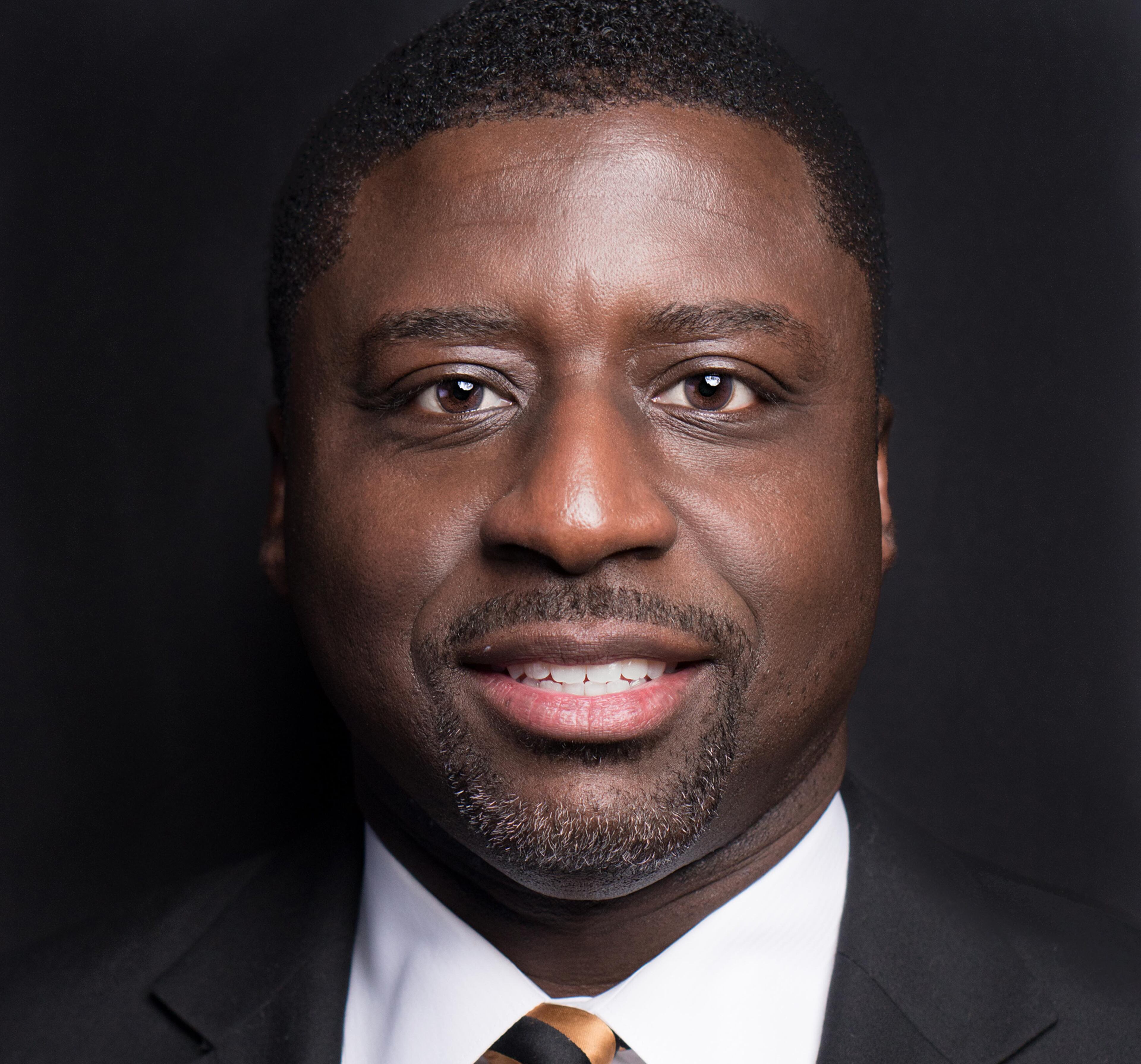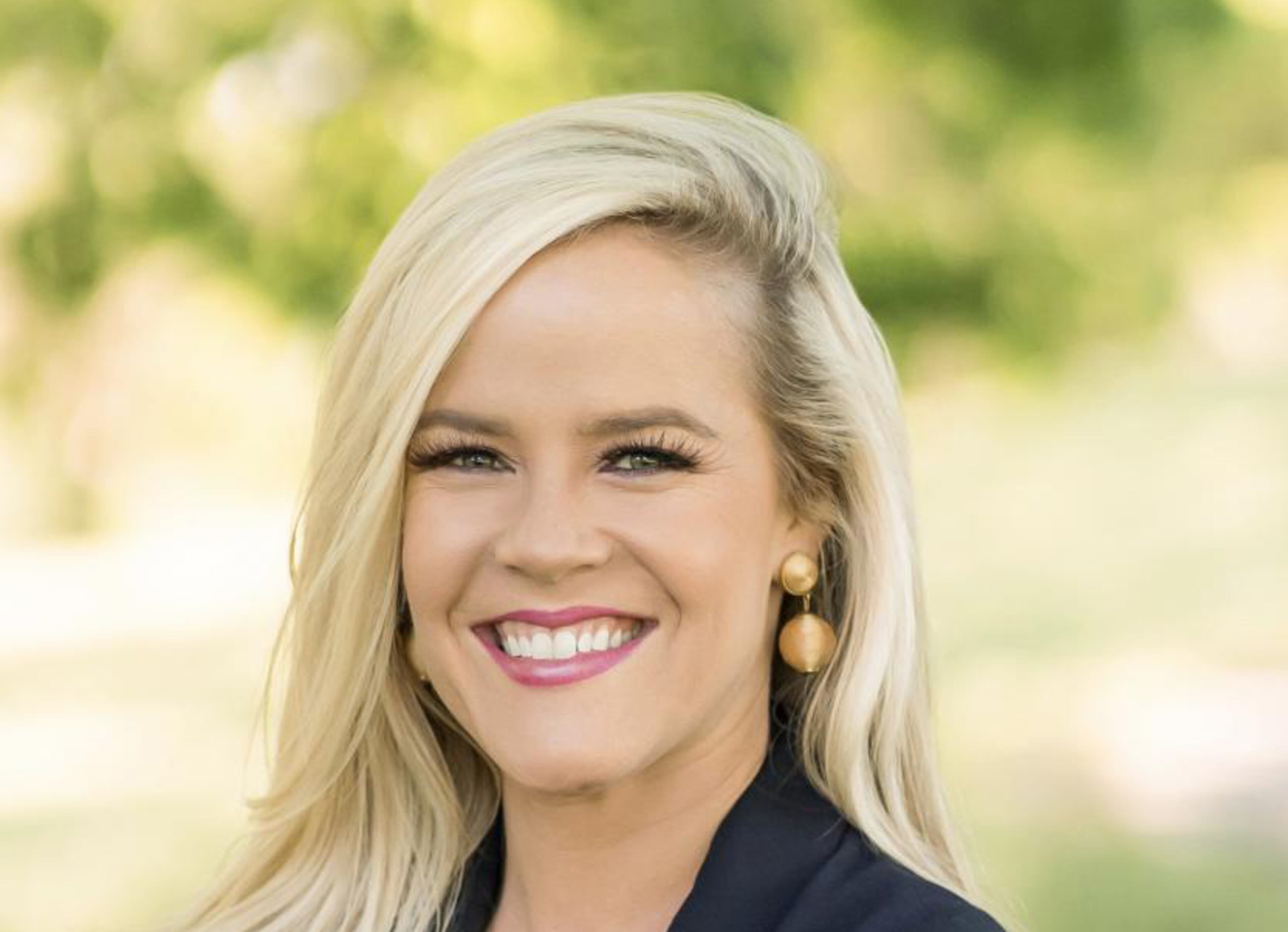Opinion: Metro city ponders path toward social justice, mutual understanding

“People fail to get along because they fear each other; they fear each other because they don’t know each other; they don’t know each other because they have not communicated with each other.”
Rev. Martin Luther King Jr.
A year ago, on May 25, 2020, George Floyd lost his life due to the illegal and excessive force used against him by former officers of the Minneapolis Police Department. His death and those of several other Americans of color at the hands of their local public safety personnel awakened our nation to a summer of race and social justice protests, and the deeper introspection which has followed about the lack of equity in many aspects of American life.
As a nation, we are still seeking to fully achieve many of the lofty goals of equality, opportunity and the pursuit of happiness as outlined by our Founding Fathers. We have faith that we may eventually get there, but there remains a good bit of work to be done.

Like many other suburban and exurban communities across the country last summer, Brookhaven saw its own marches in support of racial justice and in sympathy for those injured, killed or wrongfully harmed. In September of 2020, Brookhaven’s Mayor and Council created a Police Transparency Initiative for the Brookhaven Police Department which is a web-based clearinghouse of Brookhaven P.D. public information, including crime stats and mapper, use of force and body camera policies, training requirements and updates and the ability to request police/detective reports, arrest reports and warrants served.
The Police Transparency Initiative, continually implemented by Brookhaven Police Chief Gary Yandura, along with community policing initiatives and demonstrably diverse and frequently bilingual police officers, are each part of the city of Brookhaven’s efforts to build trust and two-way communication with the communities it serves and protects.

But like an iceberg, with only 10 percent of the mass above the waterline, Brookhaven’s city council and mayor chose to take a deeper dive, to assess potential other areas for improvement related to race and equity in city government and across four primary areas of priority. The Brookhaven Social Justice, Race and Equity Commission (SJREC) was formed as a result. The 37-member SJREC has been meeting since January of this year and is divided into four working subcommittees reviewing the realities and future planning for DeKalb County’s most-populated city.
Those subcommittees are Vision and Mission; Hiring and Retention (of city employees); Procurement and Contracting (municipal contractors and vendors) and Policing and the Continuum Use of Force.
At their June 2 meeting, the policing subcommittee waded into the use-of-force training by the Brookhaven P.D. Those SJREC commissioners themselves went through an abbreviated version of the two-part training. While most all commissioners found the exercises and training useful, it also brought up more questions.
Policing and Continuum Use of Force Subcommittee Co-chair Shahrukh Arif spoke about the role-play portions of the training, “You knew that you were addressing a person who could potentially be violent ... . When that’s not the case ... what are the policies of how to engage that person?”
Like most questions around race, there are not short, simple, or easy answers. But we hope that some trust-building is occurring during the ongoing dialogue. If nothing else, folks from along the Buford Highway spine of our city are now interacting with not only their city government and police department, but the elected and civic leadership of a broad cross-section of the greater Brookhaven community as well.
Hating, or even disliking, up close is difficult. When intentions are genuine, empathy and willingness to listen is real, then real progress can be made. Perhaps it’s incremental at first, but each positive step makes possible a longer stride and lessens those chasms to cross the next time.
Brookhaven’s SJREC will make final recommendations and a summary report to the Brookhaven city manager, mayor, and council in December.
The city of Brookhaven has only existed as a municipality since 2012, and yet it has quickly become a hotspot for relocating Millennials. City leaders hope that the greater acceptance, apparently reduced prejudices, and desire for a sense of community and belonging that’s so prevalent among Generation X, Gen Y, and Gen Z, can be shared and perhaps transferred among the city’s many ethnic communities.
You cannot win if you do not enter, and you cannot improve race relations and equity if you are not at least willing to try.
John Funny is chair of the Brookhaven Social Justice, Race & Equity Commission (SJREC). Madeleine Simmons is Brookhaven city councilwoman, District 3, and legal co-counsel for the family of George Floyd.


